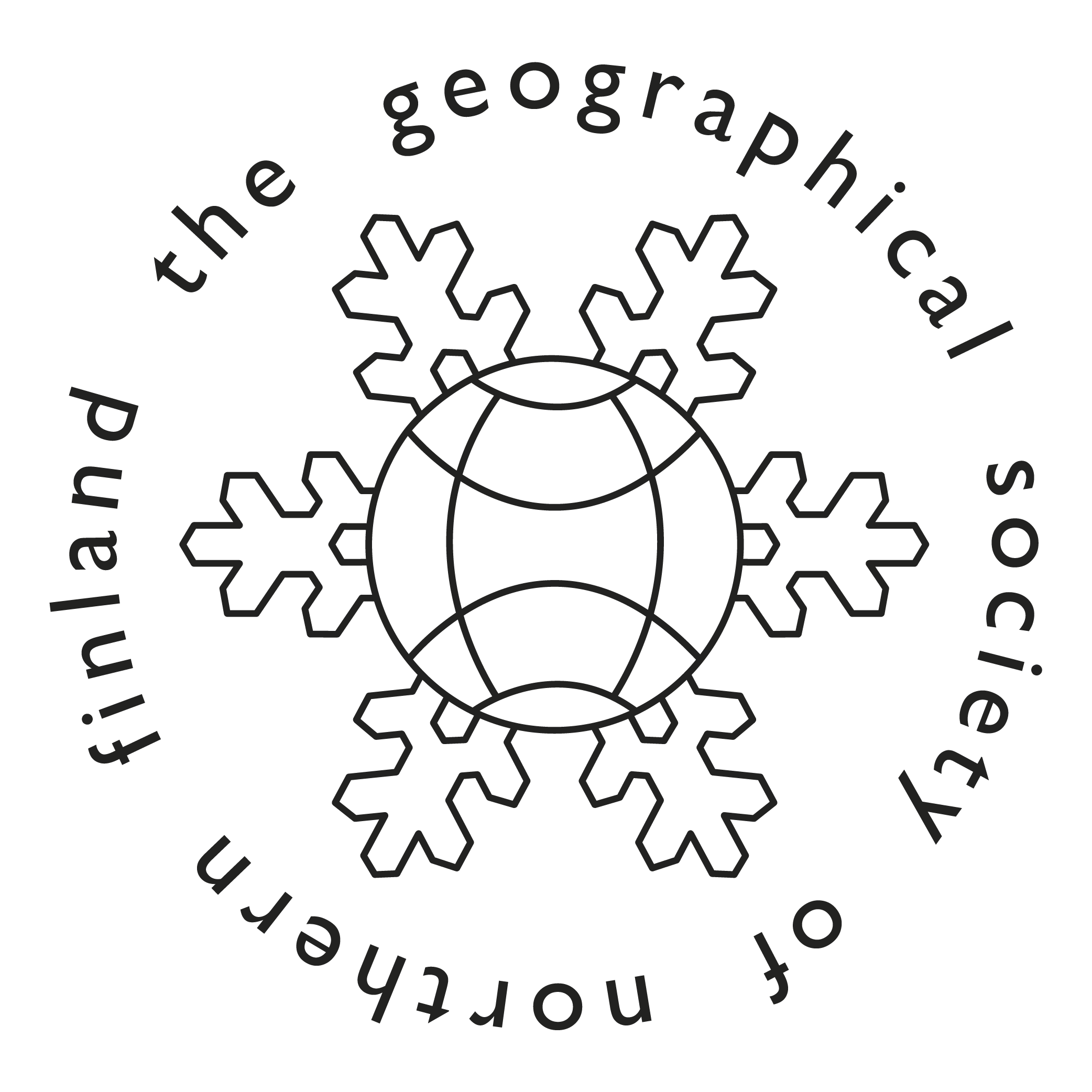The Isukasia iron ore mine controversy: Extractive industries and public consultation in Greenland
Abstract
The development of oil, gas and mineral resources is a stated aim of the Government of Greenland. Since the introduction of Self-Rule in 2009, which has given
Greenlanders greater autonomy within the Kingdom of Denmark, the exploration for and exploitation of non-renewable resources has been a cornerstone of government policy. A number of mineral exploration and mining development licences have been granted to international companies and exploratory work for oil has continued off west Greenland and will take place in coming years in northwest Greenland and off the east coast. While energy companies and Greenlandic politicians and business leaders remain optimistic that discoveries of commercially-viable oil will be made, mining activities and energy development plans have provoked political and social debates within Greenland about the nature of such development, the absence of appropriate public consultation and regulatory processes, concerns about the impacts of extractive industries on traditional hunting and fishing activities, rights of participation, social and economic benefit agreements, skills and education, and the shortcomings of social and environmental impact assessments. This article discusses this debate with reference to the Isua Iron Ore Project. Located at Isukasia some 150 km northeast of Greenland’s capital Nuuk, this project has been implemented by London Mining and is currently under review by the Greenlandic authorities.






